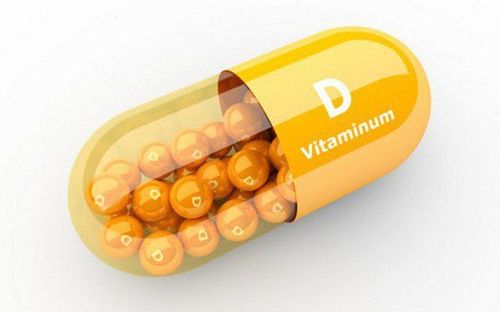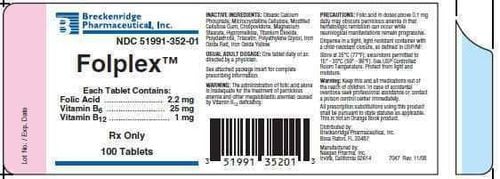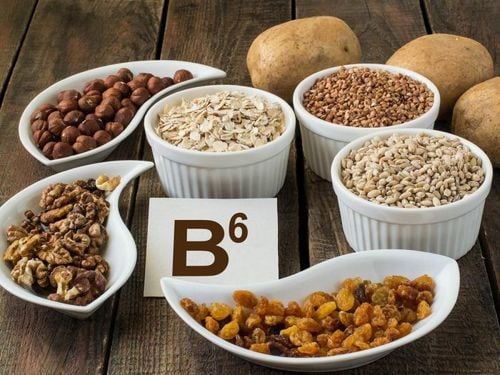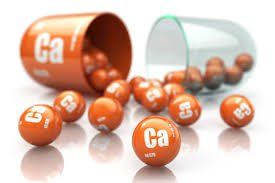This is an automatically translated article.
Posted by Doctor Nguyen Thuy Dung - Pediatric Center - Vinmec Times City International Hospital
Children's bones are initially composed of cartilage, which is gradually developed by the process of ossification. Osteogenesis usually ends around the age of 20. As we mature, old bone cells are still replaced by new bone cells, but more slowly. Over time, our bones become weaker and weaker. Therefore, bones need to have a strong foundation right from childhood.
As parents, we can help our children by making sure they get the 3 ingredients for strong bones: Calcium, Vitamin D and exercise.
1. Feed your child calcium-rich foods
Calcium is found in many foods, the best natural source of calcium is in milk and dairy products (yogurt, cheese...). In addition, we can also find calcium in beans, some seeds, green vegetables, it is also found in other foods such as orange juice, cereals... In daily meals, parents need to be flexible to change their habits. Change calcium-rich foods to ensure adequate calcium for bone growth.
The amount of calcium needed per day for children varies by stage:
Children < 6 months: 200mg Children 6-11 months: 260mg Children 1-3 years old: 700mg Children 4-8 years old: 1000mg Children 9-18 years old : 1300mg Parents need to encourage children to drink a lot of milk, add the above foods in the child's diet and do not arbitrarily supplement calcium-containing drugs.

Vitamin D có trong các loại ngũ cốc
2. Vitamin EAS Supplement
Vitamin D is a nutrient that helps the body absorb calcium. However, Vitamin D is not found in many foods that children eat every day. Children, especially breastfed babies, need vitamin D supplements.The daily amount of Vitamin D needed for children is:
Children < 1 year old need 400 UI Children > 1 year old need about 600 UI When supplementing vitamin D for children, parents should note:
Vitamin D supplements in special Medicines used for children: Multivitamins, Vitamin D3 Supplements: very few foods have natural vitamin D. Vitamin D is often added by manufacturers to milk, powder, juice, cereals... Skin exposed to the sun also makes Vitamin D. However, this source of Vitamin may not provide enough needs. Vitamin D of the body. Too much sunbathing increases the risk of skin damage, skin cancer... Therefore, this method should be considered.

Bổ sung Vitamin D dạng viên
3. Encourage children to exercise
Exercise makes muscles and bones stronger, helps children improve endurance and flexibility. In addition, it also reduces the risk of overweight and obesity, helps children sleep well and strengthens children's physical health. Activities like walking, running, jumping, climbing are especially good for building bones. Parents need to:
Limit time spent watching TV, video games, media. Plan for children to have at least 1 hour of physical activity per day, from light to severe depending on the age of the child. In addition, to prevent diseases that babies often suffer from, parents should pay attention to their diet. Nurturing immunity in children. At the same time, add supporting foods containing lysine, essential micro-minerals and vitamins such as zinc, chromium, selenium, B vitamins,... snacks and less digestive problems.
Parents can learn more:
Why do you need to supplement Lysine for your baby?
The role of zinc - Guidelines for reasonable zinc supplementation
Please visit the website Vinmec.com regularly and update useful information to take care of your baby and family.














